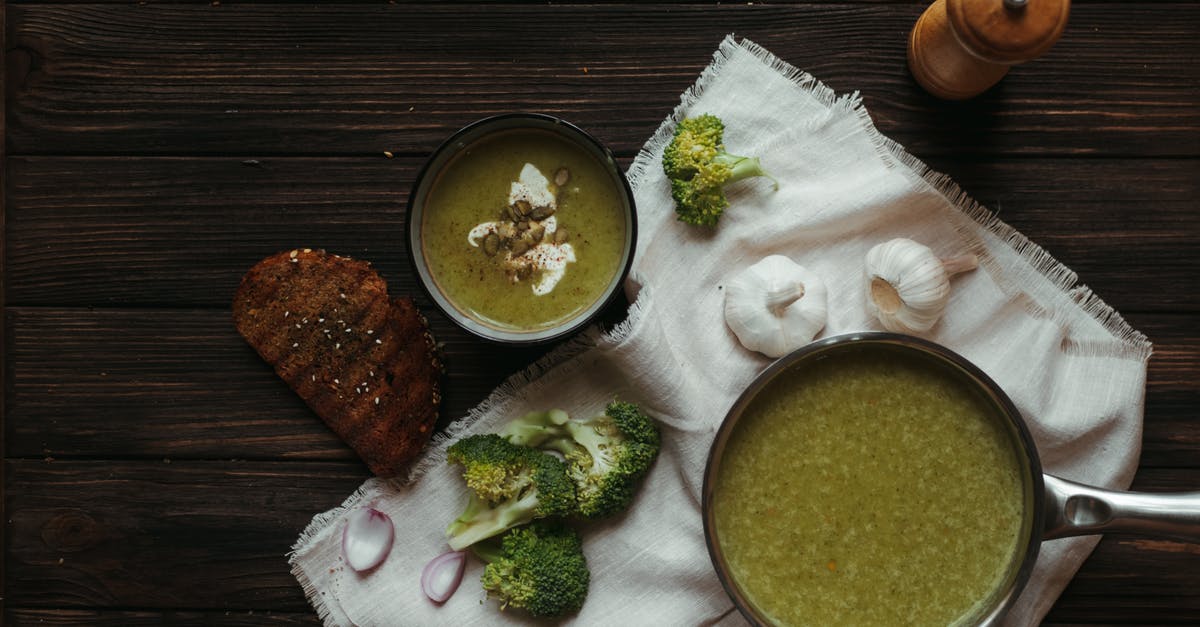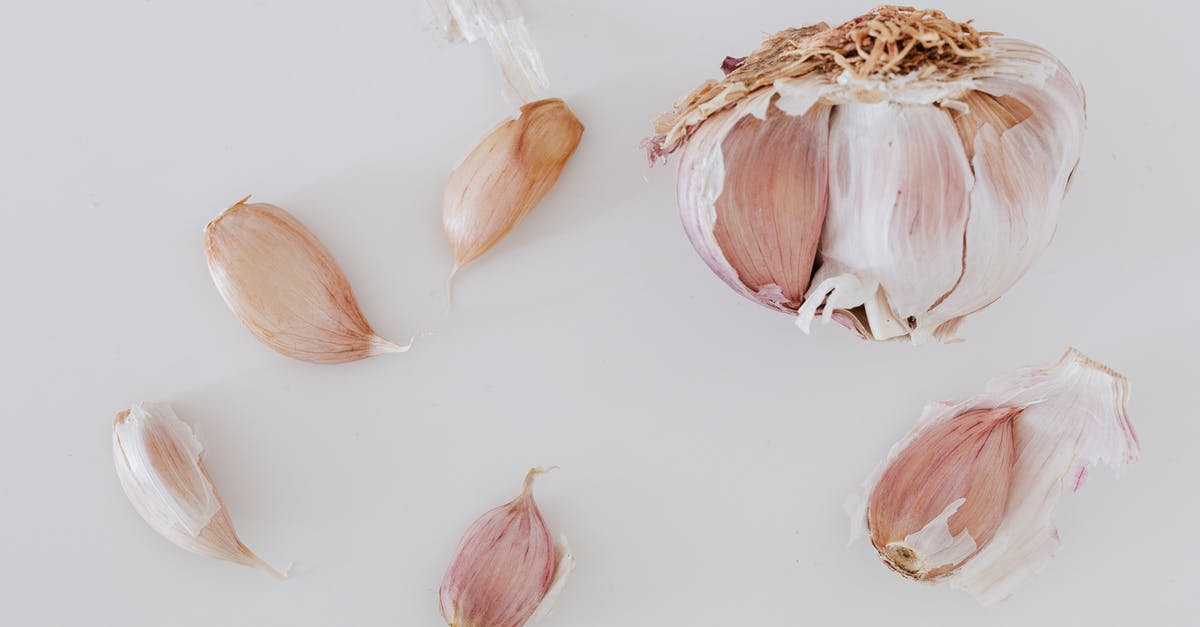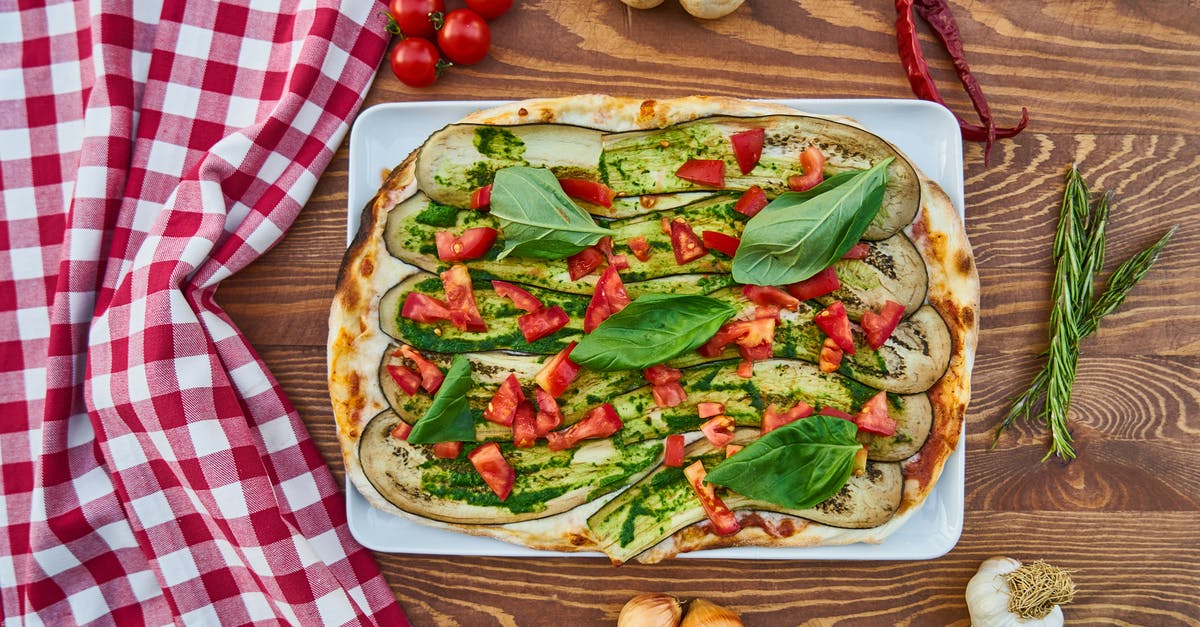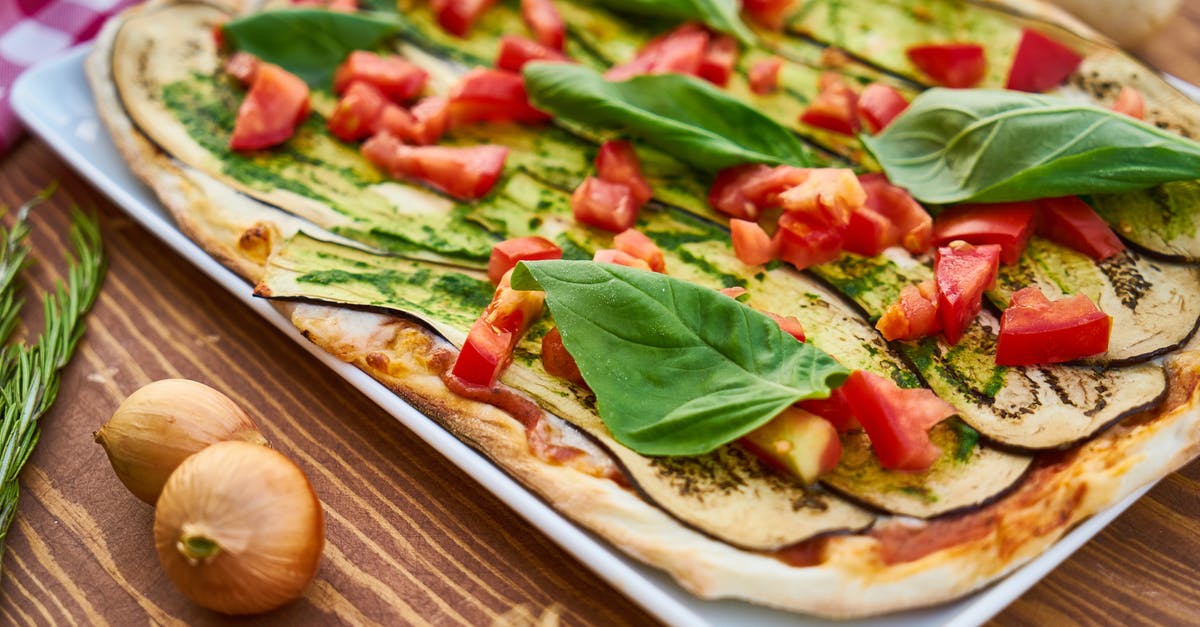Why is Pizza Hut breadstick seasoning and garlic butter not a botulism risk?

I've read all the bad things that can happen from garlic infused oil like homemade. How is this different than let's say Pizza Hut's garlic butter, or their (dry) breadstick seasoning with cheeses and dehydraded garlic? Do they in fact have a safer method that literally reduces the risk or what?
I see the garlic butter has citric acid in it so that makes sense but what about the seasoning? That is just cheeses and dehydrated garlic as well as other things.
Best Answer
http://nchfp.uga.edu/how/freeze/garlic_oil.html matches the USDA statements I have seen which says for home use, garlic oil should be made and used fresh, stored at 40 degrees for no more than 4 days. That of source addresses only the safety issue and if botulism is considered a risk or not. As Jent suggests, garlic powder, may be an option, or even dried garlic which rehydrates in the oil might be a safer option. Commercially available garlic oils tend to be considered shelf safe, but those have been likely heat and pressure treated, possibly chemically treated to make is safe, but attempts at this are not recommended at home.
The USDA recommendation I have seen is to mix the garlic and oil and then freeze that in cubes or sheets. The claim is this will remain semi-pliable, but when I have done it, it froze fairly hard but soft enough I couple cut pieces off to use. It worked fairly well for me.
I have seen sites claim that storing fresh garlic in oil is safe, but the USDA disagrees.
ETA: On the question of if it is safe to use powered or dehydrated garlic to make garlic oil: From my looking around, I could not find an authoritative yes or no. Others might have more luck. Dried itself is considered safe as everything I found said botulism cannot survive low moisture. But the spores can. There seems to be disagreement of weather oil provides the moisture needed for the spores to activate though. Commercially treated product likely is subjected to higher temperatures and treatments to cover this, but that is a statement of likelihood, not something I found lab statements to back. Also, the type of oil may matter. I would think that a high quality olive oil might be more susceptible to growth as it is a pure vegetable extract, than would a refined and heat treated oil. But again, that is just using my logic, not backed by tested evidence.
I have purchased commercial garlic infused oils, and personally, I would go with the frozen or freshly prepared. The commercial versions had clearly been heat treated as the garlic flavor was barely perceptible for the amount visibly in the oil. But I like a strong garlic flavor, not subtle.
Pictures about "Why is Pizza Hut breadstick seasoning and garlic butter not a botulism risk?"



Can you get botulism from garlic butter?
Garlic butter should be safer because you make it by chopping up garlic and cooking it in butter. The cooking reduces the water content in the garlic to low enough levels that botulism bacteria should no longer an issue.Does garlic powder carry botulism?
Garlic and herbs can be a source of Clostridium botulinum, widespread bacteria that produce the botulism toxin under certain conditions. When garlic or herbs are placed in oil, the low-acid, oxygen-free environment favors the growth of these bacteria.Can you get botulism from butter?
Although mostly fat, butter is a low-acid food. Butter, milk and cream (like meat and vegetables) are low-acid products that will support the outgrowth of C. botulinum and toxin formation in a sealed jar at room temperature.Is dried garlic in oil safe?
Using dried garlic and/or herbs is the safest way to make infused oils without acidifying the product. Fresh herbs introduce water into the oil, and dangerous bacteria need water to grow.How To Make Cheezy Garlic Bread At Pizza Hut
More answers regarding why is Pizza Hut breadstick seasoning and garlic butter not a botulism risk?
Answer 2
You have two separate things here: a dry seasoning mix, and commercial processed garlic butter.
The reason garlic oil is often a botulism risk is that it's an anaerobic environment, with a low-acid food, and botulinum likes that. On top of that, botulinum spores aren't killed even by boiling water temperatures, so it's hard to eliminate them, so if the garlic is contaminated, the botulinum can easily multiply to dangerous levels. It is possible to kill the spores with higher temperatures (requiring pressure cooking), though, but that tends to destroy subtle flavors. It's also possible to acidify it, but it's hard to do reliably at home. And yes, dried garlic also reduces risk.
This document from UC Davis has some details, including this on canning:
Canning of garlic is not recommended. Garlic is a low-acid vegetable that requires a pressure canner to be properly processed. Garlic loses most of its flavor when heated in this way. For this reason, adequate processing times have not been determined for canning garlic.
And this on acidification:
By law, commercially prepared garlic in oil has been prepared using strict guidelines and must contain citric or phosphoric acid to increase the acidity. Unfortunately, there is no easy or reliable method to acidify garlic in the home. Acidifying garlic in vinegar is a lengthy and highly variable process; a whole clove of garlic covered with vinegar can take from 3 days to more than 1 week to sufficiently acidify. As an alternative, properly prepared dried garlic cloves may be safely added to flavor oils.
(There is actually a way to acidify at home, though - see this answer.)
It's unclear exactly what the composition of the Pizza Hut garlic butter is, but presumably if it's something where there is a risk, they've processed it safely - it sounds like maybe just relying on dried garlic, but maybe also acidification (hard to say if the citric acid is just a preservative or actually acidifying it for safety). It appears to be something sold in individual servings, meant to be opened and consumed essentially immediately, so it can just get safely sealed into the packaging, and can't get re-contaminated during storage, so all is well.
Dry seasoning mixes, on the other hand, are basically never a botulism risk. They don't provide that anaerobic environment. Garlic powder is a common seasoning, sold in spice jars, with no safety concerns. Mixing it with other spices (or cheese) doesn't turn it into a risk.
Sources: Stack Exchange - This article follows the attribution requirements of Stack Exchange and is licensed under CC BY-SA 3.0.
Images: Polina Kovaleva, Karolina Grabowska, Engin Akyurt, Engin Akyurt
